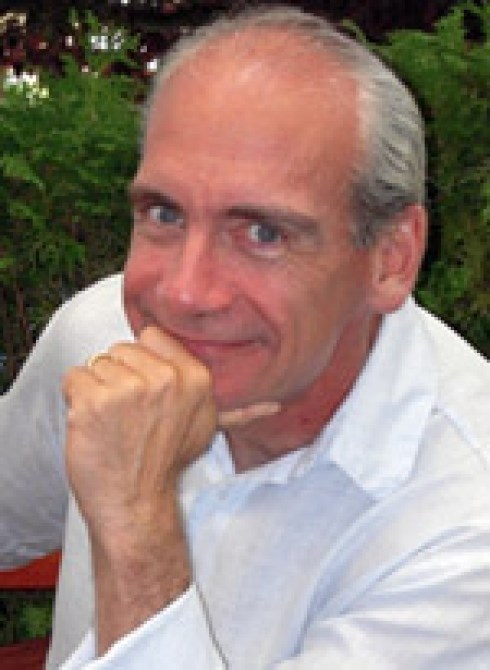In the Anglican tradition here in Canada there is a gorgeous image within our baptismal covenant; that is, that we are to “seek and serve Christ in all persons.” I am in the midst of a conversation with myself theses days about how I can live into those words in the face of Neo-Nazi’s. I can glibly say I want to seek and serve Christ in all persons, even Nazis, but what does that actually look like? How do I stand up against violence without resorting to violence myself?
This is the question Ghandi was asked. It is the question Martin Luther King was asked. It is the question Malala is asked. And it is the question you and I are being asked in the midst of these challenging times.
I’d like to offer three thoughts to consider in your own reflections on the question.
- We are all too often externalizing our own frustrations and anger on other people. Yes, I do mean all of us. Most of us don’t run over people with whom we disagree, but heaven help the person who cuts us off in traffic. Both actions come from the same place; our own fears and disappointments. Before we shout, or curse, or even laugh at other people, we are really shouting, cursing or laughing at ourselves. The most difficult journey is the inward journey. It is much easier to act out than to deal with what’s happening inside of me. Put another way, it really is, all about you.
- Reality is actually made up of millions of opposites. A way of thinking about the story of Noah’s Ark for example is to see that God instructs all of the opposites (the crawling and the flying, the wild the domestic, the clean and the unclean, male and female) into the Ark. (Gen 7:2-15) (And thanks to Richard Rohr for bringing this insight into our modern senses) The struggle for us as a species then is how to live, work and be together with opposites. Punching each other is not effective. Which brings me to the third thought for your consideration, the power of forgiveness
- We need to forgive ourselves first, for being human. Yes you and I get angry, we hurt others, and we lash out. And forgiveness means that we can be accountable for our behavior, learn and grow into the people God is calling us each to be. We need to forgive each other then, for the same thing, being human.
And forgiveness is among our greatest challenges. It is one that I wrestle with every day. How about you?
 Alisdair Smith is Deacon and Business Chaplain at Christ Church Cathedral, Vancouver BC.
Alisdair Smith is Deacon and Business Chaplain at Christ Church Cathedral, Vancouver BC.
You can read more articles from our interfsith blog, Spiritually Speaking, HERE


